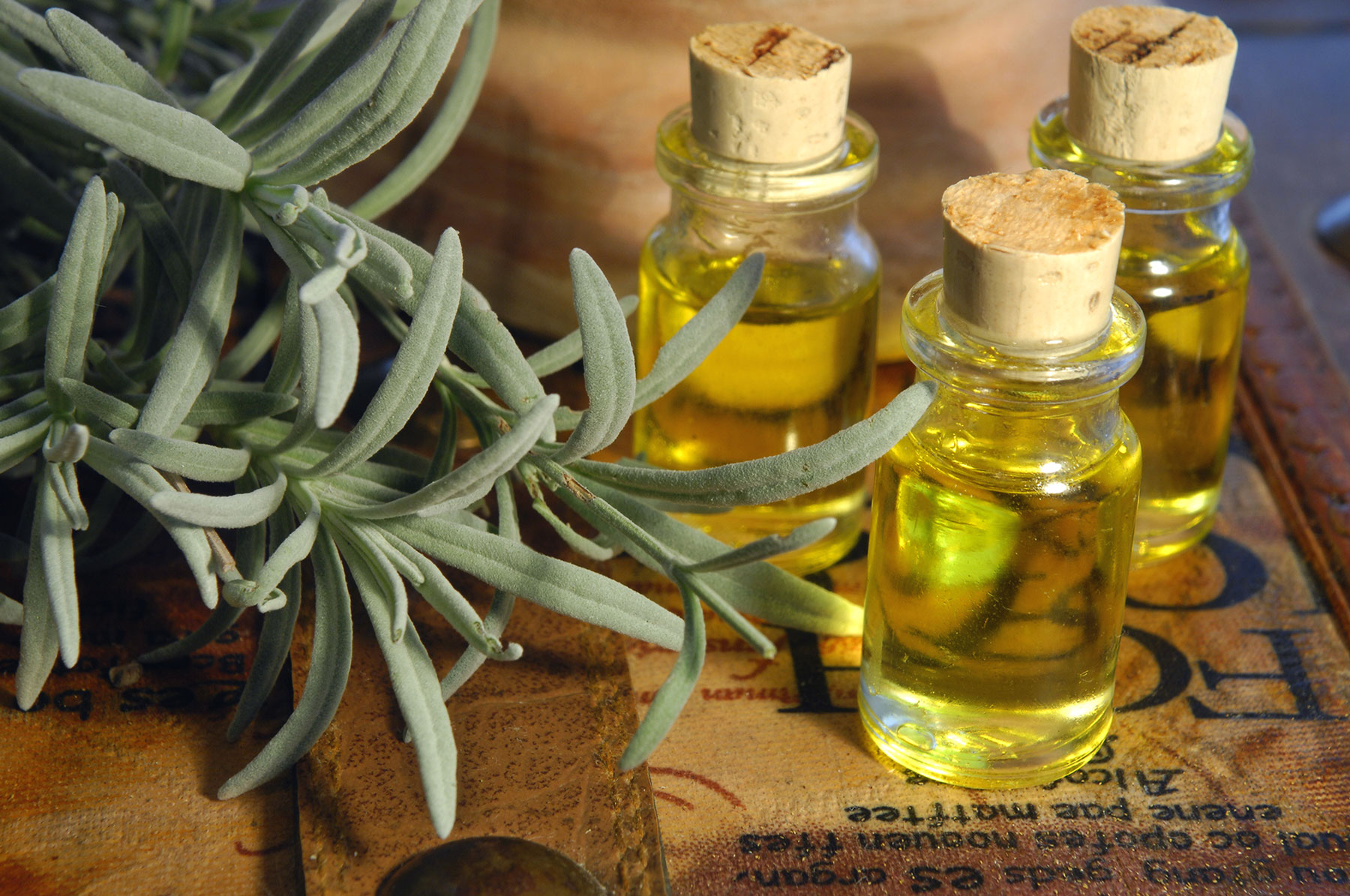
Inflammation according to Ayurveda
Inflammation is a protective response of the body subsequent to a physical aggression (trauma), a chemical aggression (artificial chemicals) or a biological invasion (pathogens/toxins) resulting in pain, skin reactions, swollen tissues and/or functional loss. Inflammation can result from stress, being overweight or having a diet rich in sugar, Omega-6 fatty acids and trans-fat. Chronic inflammation has been associated with a higher risk of developing arthritis, diabetes, hearth disease, high blood pressure, mental illness, osteoporosis, IBS, and cancer.
According to Ayurveda, the causes of inflammation are wrong diet, eating too much pungent, sour and salty food, alcohol or malnutrition (inappropriate diet for One’s own constitution). A nutritive diet is indicated including vegetables (ex: sweet potato, leafy greens) and fruits (ex: blueberries, pineapple), nuts and seeds, whole grains and beans, fish (ex: salmon), almond milk or ayurvedic mik, various herbs and spices, and limiting consumption of meat particularly red meat. Consider drinking 6 glasses of water daily as well as drinking herbal teas.
Supplements to favor because they modulate/increase the intestine ability to assimilate nutrients and minerals are: vitamin B specially B12, vitamin C and probiotics (yogurt/kefir w active bacterial culture). Anti-inflammatory herbs and spices include Devil’s claw root, cassis, yucca, aloe vera, moringa, turmeric, basil, rosemary, thyme, oregano, peppercorns, cinnamon, clove, fenugreek, ginger and nigella. Other foods include Omega-3 fatty acids, ghee, olive oil, avocado, oats and rice. Maintaining an optimal digestive microbiota as well as the integrity of the digestive tract is paramount to a healthy digestion.
A first step to reduce the possibility of inflammation is to reduce stressors by modifying lifestyle and food regime as well as increasing the capacity to let go of stressors. Eating organic, local or grow your own food as well as to limit consumption of prepared food (filled with preservatives & chemicals) is suggested. Adding fresh and anti-inflammatory foods is also recommended. Below is a list of recognized anti-inflammatory foods/herbs/spices.
- Fish oil (omega 3)
- Ghee ( optimal ratio of omega3 and omega6)
- Turmeric
- Cloves
- Rosemary
- Ginger
- Garlic
- Onion
- Leafy greens (spinach, kale, collar greens)
- Fermented foods (kefir, kimchee…)
- Shiitake mushrooms
- Oils (olive oil)
- Nuts
- Fruits (Blueberries…)
- Herbs (Rose petals, Tulsi, burdock, stinging nettle, licorice, frankincense…)
The ayurvedic recommendations start with bringing a new awareness about food program adapted to your unique constitution (dosha) using organic foods, a lifestyle respecting your basic constitution, limiting excess or overabundance and daily time for relaxation. A healthy lifestyle and food program are a preventive & curative approach to support the digestive and liver/spleen well-being. Ayurveda brings you the knowledge to improve the quality of health and life! Start today with a consultation with your Clinical Ayurvedic Naturopath to learn more!<


